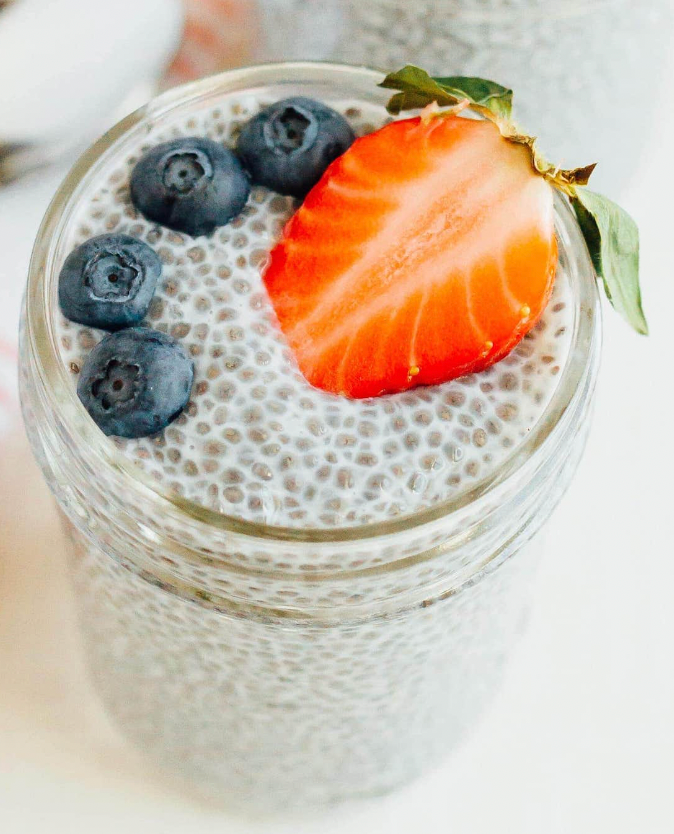Eating Right Before Bed: Exploring the Impact on Sleep and Foods to Promote Quality Rest

The question of whether it is good to eat right before bed is a common concern among individuals seeking optimal sleep quality. While the timing and choice of foods can have an impact on sleep, it's essential to understand the relationship between eating and rest. In this blog post, we will explore the effects of eating before bed and highlight some foods that can promote better sleep. So, let's dive in and unravel the connection between bedtime eating habits and a good night's rest.
The Digestive Process and Sleep Disruptions
Eating a large, heavy meal right before bed can have potential consequences on sleep quality. When we consume food, our digestive system gets to work, breaking down nutrients and absorbing them into the bloodstream. This process requires energy and can stimulate the digestive organs, leading to feelings of discomfort and even indigestion.
Additionally, lying down immediately after eating can cause acid reflux or heartburn, as gravity no longer assists in keeping stomach acid down. These conditions can disturb sleep, causing interruptions and making it difficult to achieve deep, restorative rest.

Timing and Portion Control: Finding the Balance
While eating a large meal before bed is generally discouraged, small, balanced snacks consumed a few hours before bedtime can be beneficial for sleep. The key is to find the right timing and portion control that suits your individual needs.
Allowing a gap of at least two to three hours between your last meal or snack and bedtime can help ensure that digestion has commenced and discomfort is minimized. This interval allows your body to process the food sufficiently, reducing the likelihood of sleep disturbances.
Foods That Support Quality Sleep
Certain foods contain components that can promote relaxation and improve sleep quality. Incorporating these sleep-friendly foods into your evening routine may help enhance your restorative rest. Here are some examples:
-
Complex Carbohydrates: Foods like whole grains, sweet potatoes, and quinoa can increase the production of serotonin, a neurotransmitter associated with relaxation and mood regulation.
-
Magnesium-Rich Foods: Magnesium has been linked to better sleep. Incorporate foods like leafy greens, nuts, seeds, and legumes into your evening meals to boost your magnesium intake.
-
Tryptophan-Containing Foods: Tryptophan is an amino acid that aids in the production of serotonin and melatonin, hormones crucial for sleep regulation. Foods such as turkey, chicken, eggs, nuts, and seeds are good sources of tryptophan.
-
Herbal Teas: Chamomile, lavender, and valerian root teas have calming properties that can promote relaxation and help prepare the body for sleep. Enjoying a cup of herbal tea before bed can be a soothing ritual.
-
Tart Cherries: Tart cherries are a natural source of melatonin, a hormone that regulates sleep-wake cycles. Consuming tart cherry juice or a handful of cherries can aid in falling asleep faster and improving sleep quality.
Listening to Your Body: Individual Needs and Preferences
It's crucial to remember that each person's response to food before bed may vary. Some individuals may find that certain foods or eating close to bedtime negatively affect their sleep, while others may experience no issues.
Consider paying attention to your body's signals and experimenting with different foods and timing to find what works best for you. If you find that eating before bed consistently disrupts your sleep, it may be best to opt for a lighter dinner and focus on the quality of your daytime nutrition instead.
Making Informed Choices for Restful Nights
While consuming a large meal right before bed can impact sleep quality, a small, balanced snack a few hours before bedtime can be beneficial for sleep. Choosing sleep-friendly foods that promote relaxation, such as complex carbohydrates, magnesium-rich foods, and tryptophan-containing foods, can support better sleep. Remember to listen to your body's cues and adjust your eating habits accordingly, ensuring you prioritize overall daytime nutrition and find the balance that works best for you.
By making informed choices and establishing healthy bedtime eating habits, you can optimize your chances of enjoying a restful night's sleep and waking up refreshed and rejuvenated.




